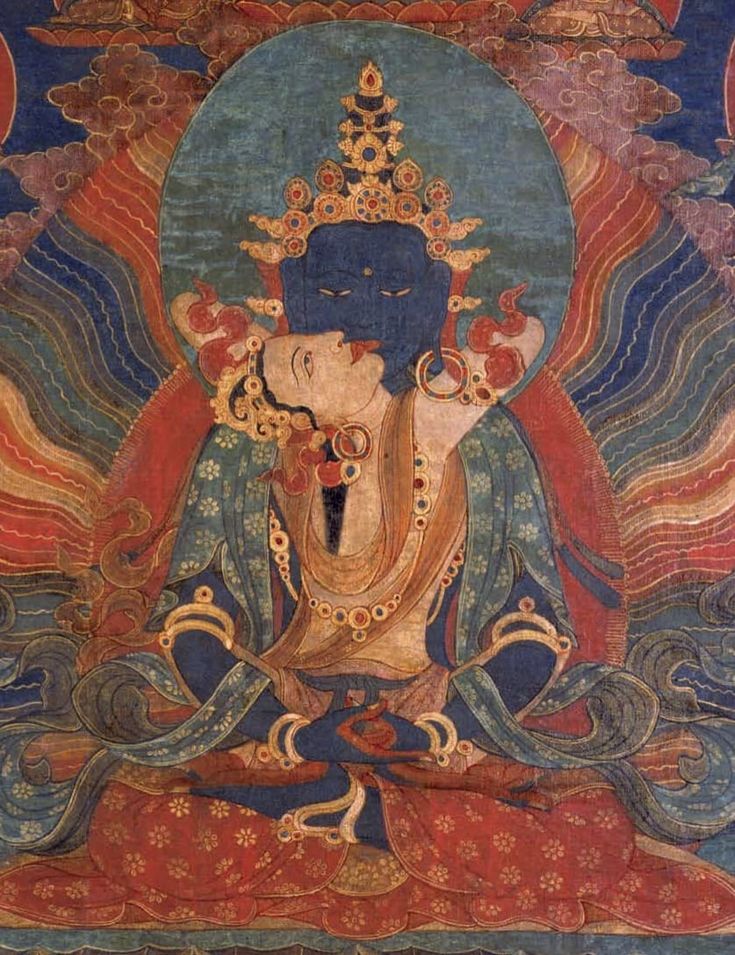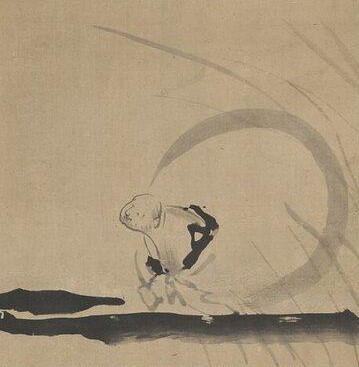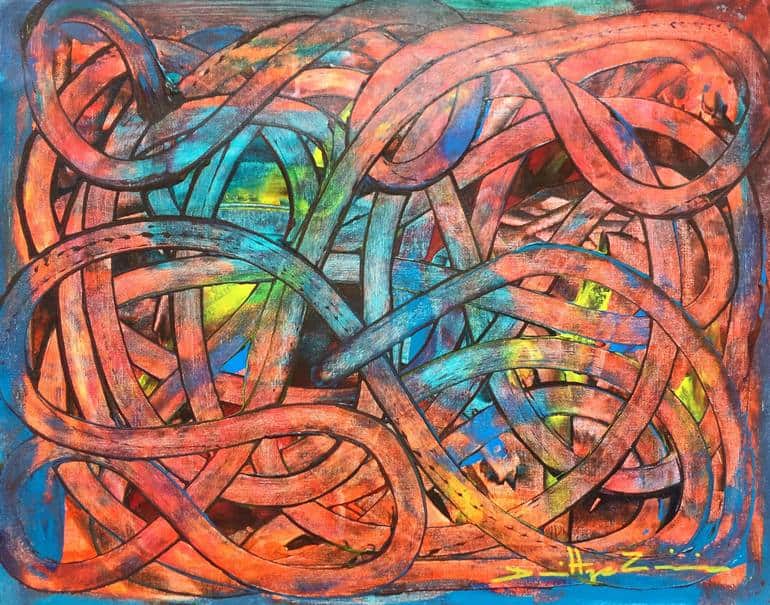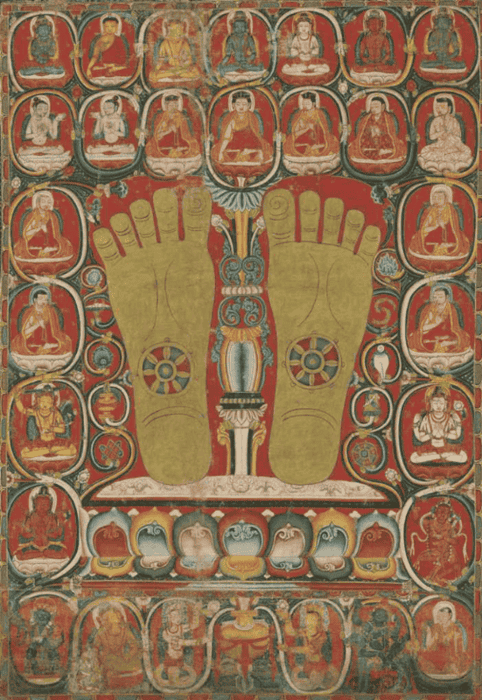It’s interesting how the death of those close to us leads to something of a Bardo in consciousness – a space where so much which seems to flow on automatic stops – a place where we are afforded a vantage point from which to view what is, one that is so advantageous to us as Dharma practitioners, and one which is often open all too briefly.
Watching the grief of my beloved wife now that her father has died has been so difficult. My father’s death some 6 months back is still fresh in mind. How painful the emotions that run through the mind.
And yet, how wondrous and beautiful the opportunity which opens up to see how things are.
Seeing how things really are
Clearly seeing the emotions which appear to arise – as empty appearances – seemingly solid and real, and yet, actually, ephemeral and elusive. Truly without substance or centre. How easy to hold on to these dances of mind, and take them as real and worthy of attachment.
And yet of course, they are not nothing. They are not entirely non-existent. Our pain does appear to arise. Our feelings do actually seem to come into existence and appear to our minds.
How delicate this balance – this way of seeing things – to see what appears to arise – and value those appearances – and at the same time, to see that none of that has any substantiality, and that they are all like apparitions or illusions.
Falling into nihilism or eternalism
How easy to fall into one-sided acceptance or rejection of dharmas. To fall into nihilism or eternalism. To fall into only seeing appearances, or only seeing emptiness. To fall into grasping at one or the other side of these dualisms.
The mahamudra is free of extremes, free of nihilism or eternalism. May all that appears to arise in our minds be fuel for development of wisdom and cause the liberation of all suffering sentient beings …..





“How easy to fall into one-sided acceptance or rejection of dharmas. To fall into nihilism or eternalism. To fall into only seeing appearances, or only seeing emptiness. To fall into grasping at one or the other side of these dualisms.”
Great point. Something I really am accepting and allowing the “middle way” to emerge.